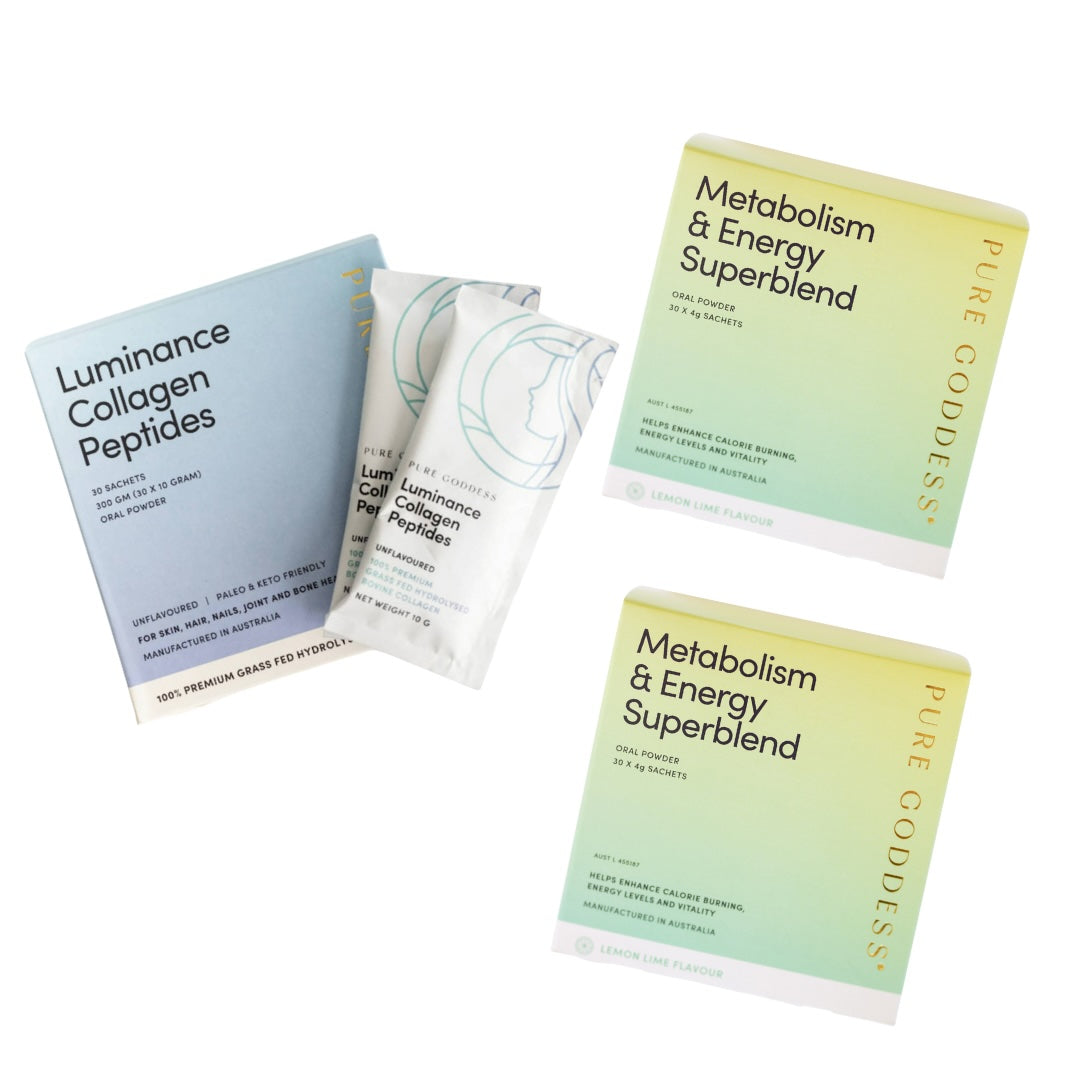Why Thyroid Health Matters as we Age
Understanding the Critical Role of Thyroid Health: What You Need to Know
When it comes to overall well-being, your thyroid health plays a pivotal role. This small, butterfly-shaped gland in your neck is responsible for regulating key functions like energy production, metabolism, and mood. Yet, many people overlook the signs of thyroid dysfunction, particularly as they age or enter menopause. In this blog post, we will explore how the thyroid works, why thyroid testing is essential, and how it connects to menopause and insulin resistance.
What Is the Thyroid and Why Is It Important?
The thyroid gland may be small, but it has a huge impact on your body. It produces hormones that regulate nearly every major system in your body. When your thyroid is functioning properly, it helps maintain energy levels, body temperature, and metabolism. However, when the thyroid is underactive (hypothyroidism) or overactive (hyperthyroidism), you may experience a wide range of symptoms.
Common signs of hypothyroidism include:
- Fatigue
- Unexplained weight gain
- Cold intolerance
- Mood swings or depression
- Hair loss and dry skin
On the other hand, hyperthyroidism can lead to weight loss, anxiety, palpitations, and heat intolerance. Whether overactive or underactive, a dysfunctional thyroid can significantly affect your quality of life.
Why Thyroid Testing Is Essential
Many people experience thyroid symptoms but remain undiagnosed because standard tests only scratch the surface. A comprehensive thyroid panel is crucial to getting a full picture of how your thyroid is functioning. Here are the top tests you should ask your healthcare provider about:
- TSH (Thyroid Stimulating Hormone): This is a baseline test that measures how much stimulation your thyroid needs to produce hormones.
- Free T3 and Free T4: These tests measure the active thyroid hormones in your bloodstream.
- Thyroid Antibodies (TPO and TgAb): Elevated levels of these antibodies can indicate autoimmune thyroid conditions like Hashimoto’s or Graves’ disease.
- Reverse T3 (rT3): This test checks for inactive thyroid hormone that builds up during stress or illness, further complicating hypothyroid symptoms.
Comprehensive thyroid testing can help you identify imbalances and begin targeted treatment, whether through medication, lifestyle changes, or other therapies. Many people with subclinical hypothyroidism, a condition where thyroid levels are not optimal but not bad enough to require medication, can benefit greatly from understanding their test results and taking action early.

The debate about the relationship between thyroid health and menopause has been ongoing, but it's increasingly clear that the two are closely connected. During menopause, women experience dramatic hormonal shifts that can impact thyroid function.
Between the ages of 40 and 55, major hormonal changes include:
-
Estrogen levels rising and falling almost monthly.
-
Progesterone levels dropping by up to 50%.
-
Thyroid hormones beginning to decline, becoming reliant on consistent estrogen levels for balance.
These fluctuations can worsen thyroid dysfunction, particularly subclinical hypothyroidism, which is not always detectable with standard thyroid tests. In addition, menopausal women may experience an increase in insulin resistance, which is the body's reduced ability to manage blood glucose levels. Subclinical hypothyroidism combined with insulin resistance can increase the risk of weight gain, brain fog, joint pain, and heart issues.

Thyroid Health and Insulin Resistance
As estrogen and progesterone levels fluctuate, the risk of insulin resistance rises. Insulin resistance isn’t just about weight gain, it has broader health implications:
- Brain health: Your brain consumes 20% of the body’s glucose, and insulin resistance can lead to brain fog and difficulty concentrating.
- Heart health: Elevated blood sugar levels can increase cholesterol and raise the risk of cardiovascular disease.
- Joint and muscle health: High glucose levels can lead to inflammation, joint pain, and muscle aches.
By addressing thyroid function during menopause, women can better manage insulin resistance and reduce these associated health risks. It’s not just about “surviving” menopause", it’s about actively supporting your body during this pivotal time.
Taking Control of Your Thyroid Health
Thyroid health is not something to be overlooked. Whether you’re in your 40s dealing with menopausal shifts or simply trying to optimize your well-being, ensuring your thyroid is functioning properly can make all the difference.

Get tested: Comprehensive thyroid panels are essential for understanding what’s going on in your body. Don’t rely on just a single TSH test, ask for Free T3, Free T4, and antibody testing.
Listen to your body: If you’re experiencing fatigue, unexplained weight gain, or brain fog, these could be signs that your thyroid isn’t functioning optimally. Early intervention is key to managing symptoms and preventing long-term health issues like insulin resistance or heart disease.
By addressing thyroid health and supporting your body through these hormonal changes, you can enjoy a healthier, more empowered life.
To learn more about how your thyroid functions and the essential tests you need, visit our other thyroid blog on 'Thyroid Tests Explained'.
By focusing on optimizing your thyroid health now, you're investing in a future of better energy, balanced hormones, and overall well-being.




Leave a comment
This site is protected by hCaptcha and the hCaptcha Privacy Policy and Terms of Service apply.